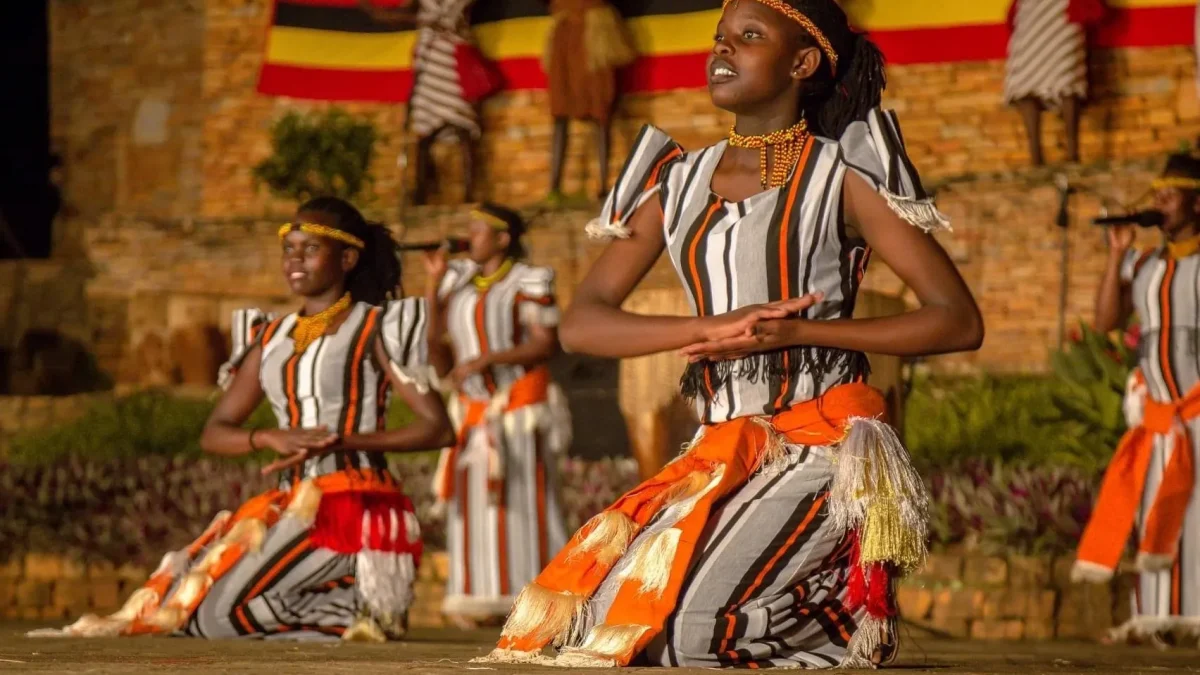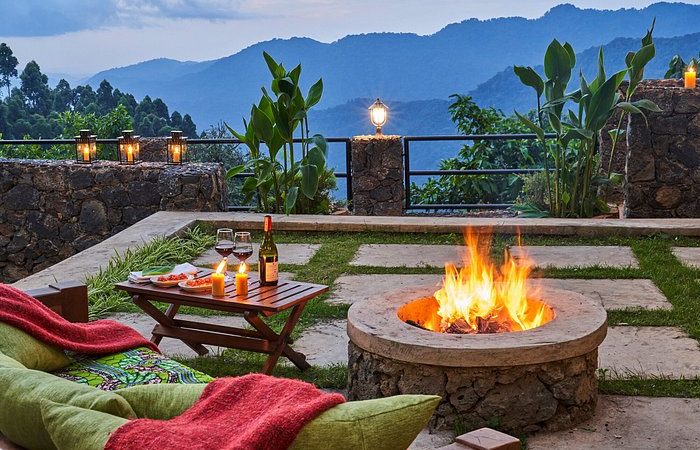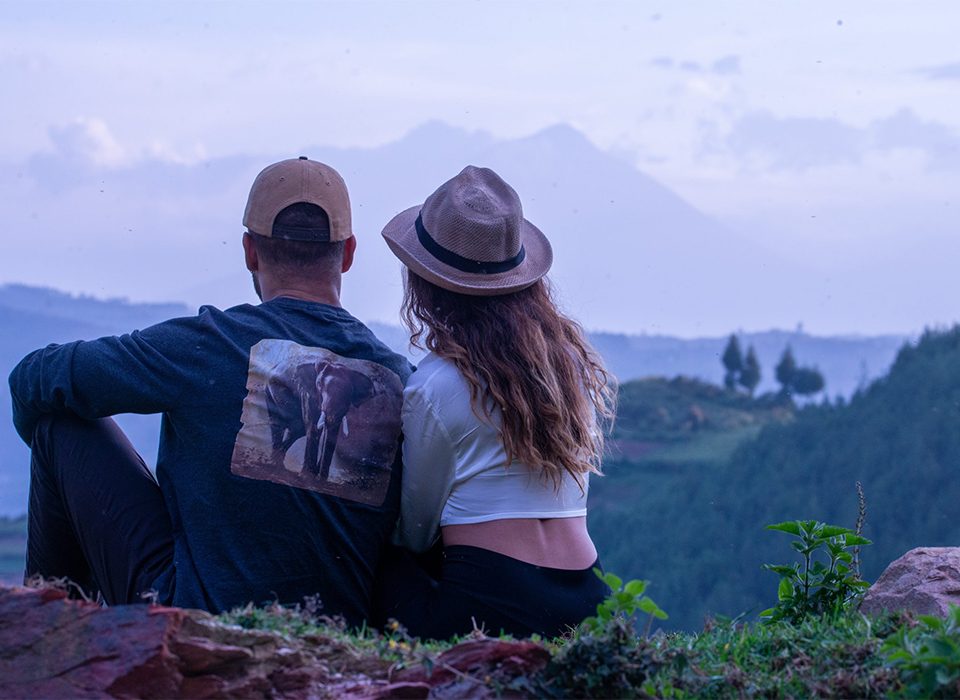Cultural Experiences in Uganda Uganda often referred to as the "Pearl of Africa" for its…
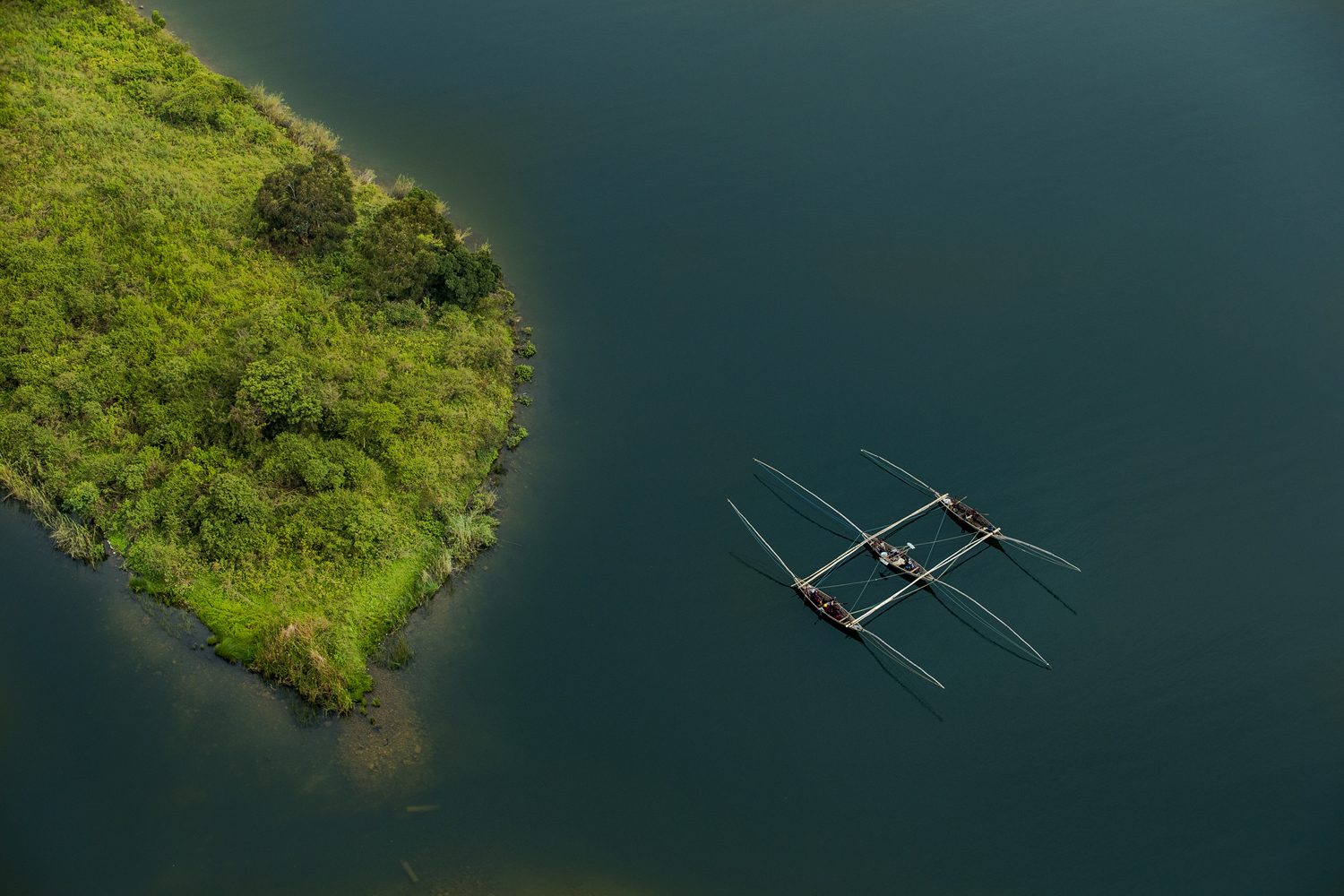
Explore Lake Kivu in Rwanda
Explore Lake Kivu in Rwanda : One of the two smaller African Great Lakes, Lake Kivu is situated in the Albertine Rift, the western arm of the East African Rift Valley. The lake is bordered to the east by Rwanda and to the west by the Democratic Republic of the Congo. Lake Kivu, which is 2,700 square kilometers (1,040 square miles) in size, is around 90 kilometers (55 miles) long and 50 kilometres (30 miles) wide. However, the DR. Congo contains 1,370 square kilometers, or 58%, of the lake’s water. With an average depth of 220 meters and a maximum depth of 475 meters, Lake Kivu is the third-deepest lake in Africa and the lake with the greatest altitude. It is situated at a height of 1,470 meters above sea level.
Lake Kivu is well renowned for providing wonderful Rwanda beach vacations and has a rocky coast and several islands, the largest of which is Idjwi. The lake was formerly a portion of a larger body of water that spanned a trough in the structure of the Earth. However, a barrier along its northern coast developed as a result of volcanic activity, dividing Kivu from Lake Edward. The barrier stopped Kivu’s northern outflow and sent its drainage south along the Ruzizi (Rusizi) River into Lake Tanganyika.
It was found that Lake Kivu has about 55 billion m3 of dissolved biogas. Count Adolf von Götzen, a German explorer, made the initial discovery of the lake in 1894. Although it supports a large population of fish, the lake is devoid of other wildlife yet rich in volcanic materials. Large amounts of dissolved methane gases are present in the deep waters, and these gases could serve as energy sources.
Four different types of freshwater crabs and 28 different species of fish can be found in Lake Kivu. Its shores are densely populated; the largest cities in Congo are Bukavu and Goma, while Gisenyi is the largest city in Rwanda.
Human activities, however, pose a significant threat to the lake’s biodiversity through a variety of means, including soil erosion, improper use of pesticides and agrochemicals, sewage water treatment issues, and deforestation of the lake’s shore.
HOW WAS LAKE KIVU FORMED?
Freshwater lakes Lake Kivu, Lake Nyos, and Lake Monoun in Cameroon are reported to occasionally have limnic eruptions. They were all formed around 15,000 years ago. Though the exact process leading to Lake Kivu’s formation is unknown, both volcanic activity and climate change have been proposed. According to rumours, some geologists in the area of the lake found proof of massive local extinctions occurring every 1000 years that were probably brought on by outgassing occurrences. Each erupting lake has its own unique gaseous chemical composition, and Lake Kivu contains methane (CH4) and carbon dioxide (C02) as a result of lake water contact with volcanic hot springs.
How many Islands does Lake Kivu Have?
According to information acquired from the Rwanda Environmental Management Authority (REMA), there are 250 islands in Lake Kivu. Only 56 of these are located on the lake’s portion that belongs to Rwanda; the rest are spread across the DR Congo. These exquisite islands’ geological structure is comparable to the beauty of the hills that encircle the lake.
The Lake Kivu islands have an area of 315 square kilometers, with Idjwi Island being the largest at more than 200 square kilometers. After Lake Victoria’s Ukerewe Island, which has a land area of 530 square kilometers, Idjwi Island is the largest lake island in Africa.
HOW DANGEROUS IS LAKE KIVU?
A year’s worth of burning this methane in Lake Kivu is estimated to contain 65 cubic kilometers (16 cubic miles) of toxic hydrogen sulfide, which would produce an average power of about 100 gigatonnes (130106 horsepower). Additionally, the lake is thought to contain 300 cubic kilometers (61 cubic miles) of carbon dioxide, which, in the event that it were to be released during an eruption event, might suffocate all lakeshore residents. The stunning lake has the potential to erupt with these gases in a limnic eruption, a rare occurrence. 2.6 gigatonnes of carbon dioxide, or about 5% of the world’s annual greenhouse gas emissions, are found in Lake Kivu. Even worse, such a catastrophe may fill the nearby valley with toxic and oppressive gas, potentially killing millions of people.
Due to the potential for a catastrophic explosion, some experts have long viewed Lake Kivu as a permanent time bomb; nevertheless, other experts have compared it to a carbonated drink bottle that releases gas when shaken. The large amounts of scattered gases emitted by Lake Kivu could have severe consequences. However, numerous international investors have since recognized the opportunity. For instance, the gas was extracted on a small scale in 2004 and some of it was used to power boilers at the Bralirwa brewery in Gisenyi. However, the Rwandan government has come to an agreement with a number of stakeholders to produce methane from the lake in order to be used on a large scale.
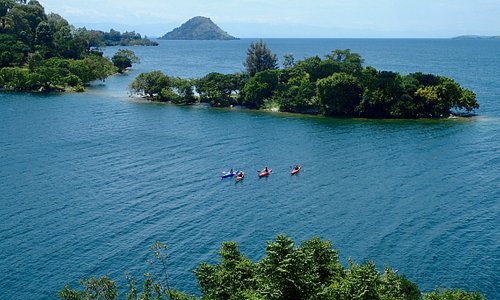
One of them is Contour Global, an energy company with a focus on developing nations and situated in the UK. In order to start a massive methane extraction operation, the company received project financing in 2011. The project is managed by KivuWatt, a Rwandan business that collects, isolates, and purifies the gasses retrieved from the lake bed before pumping pure methane to on-land gas engines through an underwater tunnel.
The project’s first phase, which involved powering three plants next to the lake, has been finished. For the nearby grid, the plant produces 26 MW of electricity. The following phase, which will deploy nine additional 75 MW generator sets for a total capacity of 101 MW, has not yet begun.
Are there crocodiles in Lake Kivu?
No, there are no crocodiles, hippos, or other harmful animals in Lake Kivu. Freshwater has no sharks, and this area doesn’t have many jellyfish. Due to this, lake Kivu is a unique location for a variety of water-related tourist activities, locals who live close to its beaches, and fish in its waters. Freshwater lakes like Lake Kivu have water that is pure and safe to drink. One of the bodies of water that can be used safely as playgrounds is this lake.
Tourists may partake in many of our favorite water sports without having to fear about being threatened by animals in Lake Kivu.

